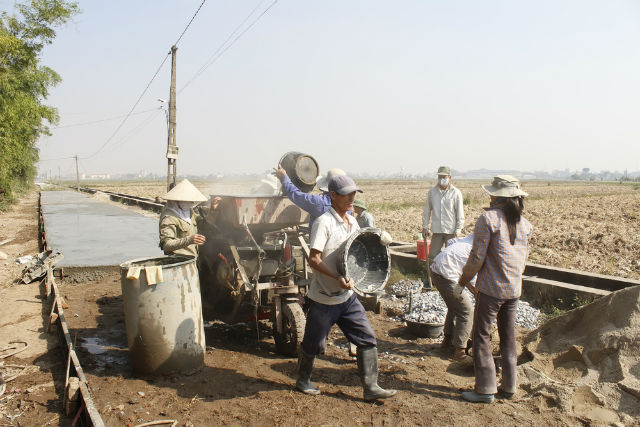On April 15th 2016, the UK National Contact Point (NCP) hosted a one-day workshop in central London, facilitated by IHRB, to share experiences and ideas about the role of the OECD Guidelines for Multinational Enterprises and the work of NCPs in the construction sector to facilitate and mediate disputes.
This event follows on from several previous annual London workshops, attended by NCPs, nusinesses, NGOs and civil society, academia and trade union representatives.
This briefing highlights some of the key insights shared by stakeholders at the meeting. While construction companies can pose a risk to human rights in a variety of ways – such as around community consultation, gender issues, access to water and sanitation, amongst others – this briefing focuses primarily on impacts to workers. It includes information on:
What are the OECD Guidelines for Multinational Enterprises
Key risks faced by construction workers
Key challenges for construction companies
Key actors and influencers advancing human rights within the sector
Spotlights on two cases related to mega-sporting events
and more





























How should businesses respond to an age of conflict and uncertainty?
As 2024 began, European Commission President Ursula von der Leyen aptly summed up our deeply worrying collective moment. As she put it, speaking at the annual World Economic Forum in Switzerland, we are moving through “an era of conflict and...
26 March 2024 | Commentary
Commentary by Scott Jerbi, Senior Advisor, Policy & Outreach, IHRB